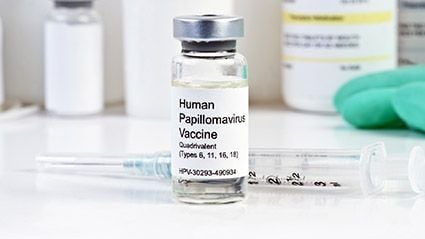
Vaping and skipped meals appear to be the main causes of frequent headaches among teens, a new study says. Teens who ate breakfast and dinner with their family had a lower risk of frequent headaches than those who regularly missed meals, researchers report Feb. 28 in the journal Neurology. Meanwhile, vaping also was associated with… read on > read on >






























